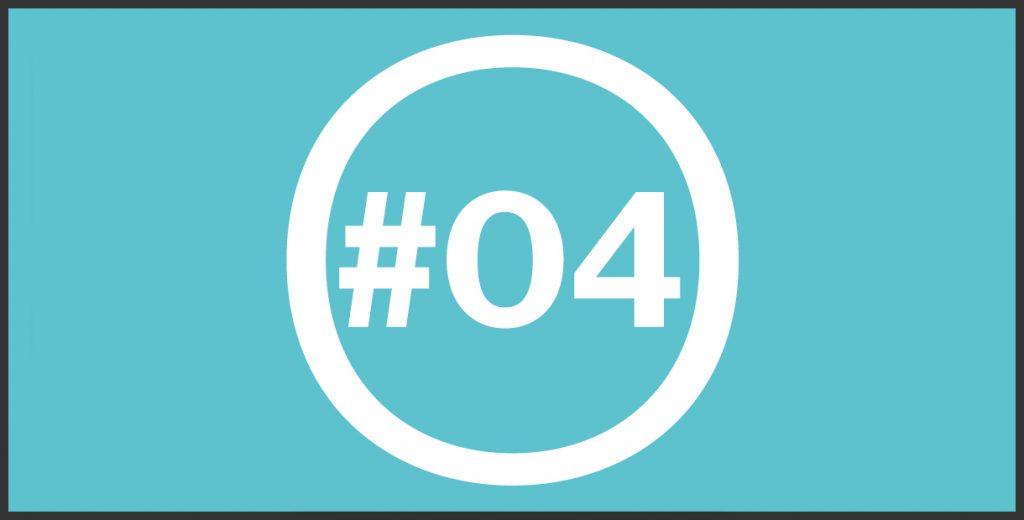
Music-makers work with business partners to manage their music rights…

Music-makers work with various different business partners in the music industry to generate money out of their music rights.
Those business partners might actually own the copyright or simply manage it on behalf of the music-maker. The business partners look for ways to make money from the music – and then share that money with the music-maker.
In certain scenarios the music industry generally licenses through the collective licensing system. This is where large groups of creators and copyright owners appoint central organisations to collectively negotiate deals, and collect and distribute royalties.
These central organisations are sometimes called collecting societies. The main societies in the UK are PRS, MCPS and PPL.

SONG RIGHTS
PRS usually licenses when someone exploits the performing rights in songs.
MCPS sometimes licenses when someone wants to exploit the mechanical rights in songs.

A songwriter might work with a rights administrator that helps them manage their data on a global basis and possibly handles the licensing of digital services.

Or they might sign with a music publisher. The publisher would then handle all the administration, while also supporting the writer’s creative development; seeking opportunities for the writer to collaborate with other music-makers; pitching their music to TV, movies, games and ads; and seeking other opportunities for the writer.

RECORDING RIGHTS
PPL licenses radio stations, TV channels and pubs/clubs/shops/cafes/etc whenever they use recorded music.
A sister organisation called VPL licenses music videos for TV and public screening.

An artist might work with a music distributor that gets their recordings onto all the digital services, and possibly provides other support too.

Or they might sign with a record label. The label would then handle all the distribution – including CDs and vinyl if appropriate – while also overseeing and inputting on the recording process; planning and delivering marketing campaigns around each release; managing all the data; and seeking other opportunities for the artist.

MUSIC COPYRIGHT DEALS
Whenever music-makers work with business partners they need to do a deal which sets out what happens to all the rights and what happens to all the money.
With rights administrators and music distributors, the music-maker would usually keep ownership of their copyrights. The business partner then provides a set number of services and takes a cut of any money generated in return.
If a music-maker signs with a music publisher or a record label, that publisher or label might become the copyright owner. They then make money from the rights and share that money with the music-maker.
With publishing deals, the performing rights of the song would still be controlled by PRS, which would pay 50% of the money it generates to the publisher and 50% to the writer. The publisher would then own and control the other elements of the copyright.
With record deals, the label would own and control all elements of the copyright, although it would usually appoint PPL to collect money from radio, TV, pubs, clubs etc.
Every deal is different. If a deal includes long-term commitments or assignment of copyright, the music-maker should always get independent legal advice first.

THE SOCIETIES
The organisations that manage the music industry’s databases and the collective licensing system are variously known as collecting societies, collective management organisations (CMOs), performing rights organisations (PROs) or music licensing companies. There are three main societies in the UK…
PRS and MCPS both represent song copyrights – the former performing rights, the latter mechanical rights. They work very closely together – a single company called PRS For Music issues and administrates both PRS and MCPS licences. Both songwriters and publishers join PRS. Only songwriters that are not working with a rights administrator or publisher need to join MCPS. prsformusic.com
PPL represents recording copyrights. Both artists and labels join PPL. Artists who own and release their own recordings technically join PPL twice – once as a label and once as a performer. ppluk.com


